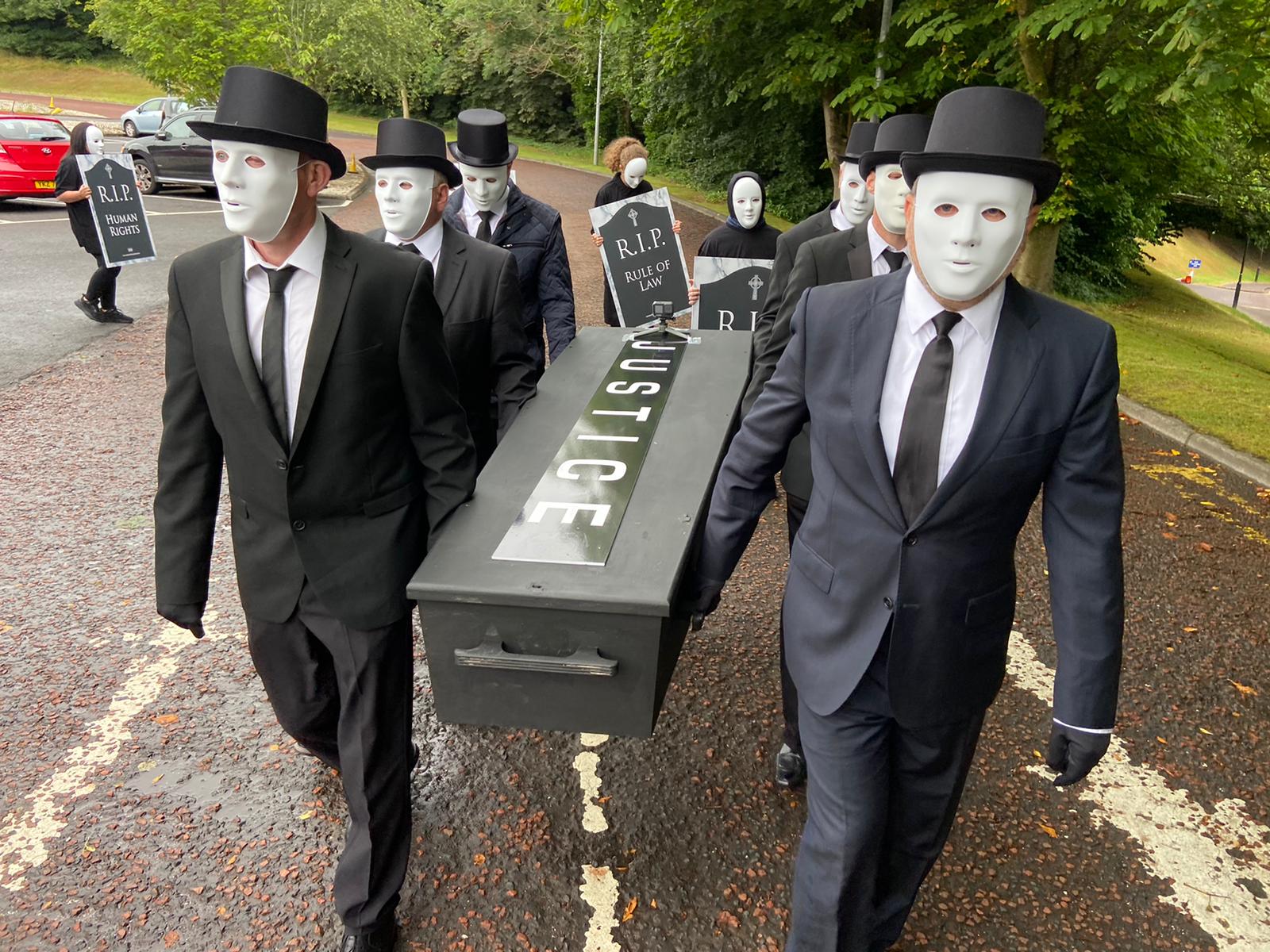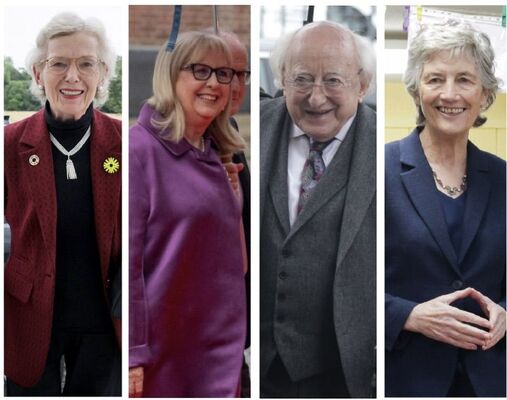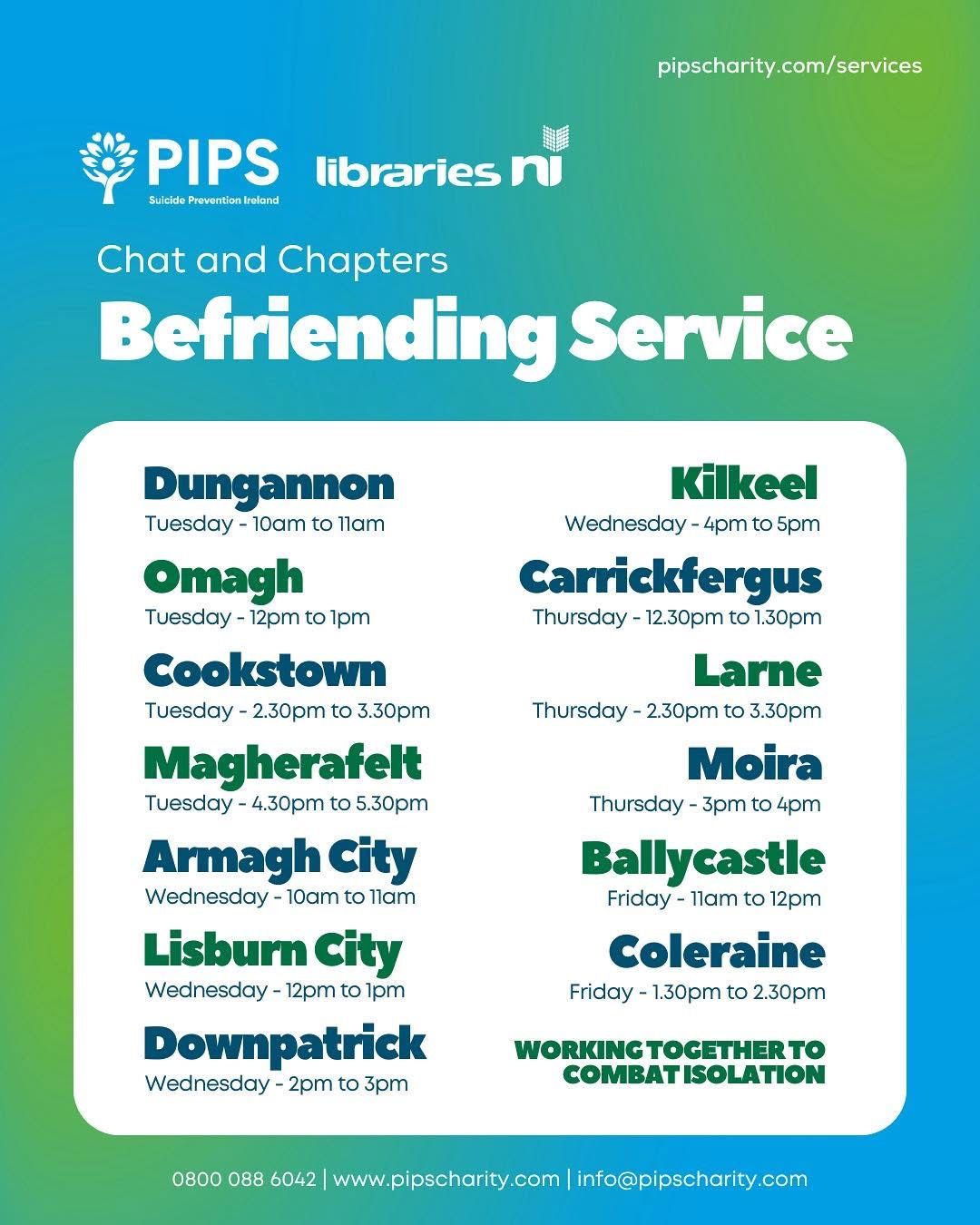AS the Presidential campaign is proving, Ireland is now in the middle of a period of heightened debate on constitutional change.
For victims and survivors of conflict, this moment is fundamental, yet legacy rarely features in the constitutional debate, except perhaps when scaremongering is on the agenda.
There are significant lessons to be learned from the 1998 negotiations. Once again there is a risk that victims’ rights will be marginalised amid political and constitutional priorities. The trope goes that had victims’ issues been on the table in 1998 they would still be negotiating with the vested interests of the actors to the conflict trumping the rights of those bereaved and injured. Whatever the self-serving truth of this, the truth is that the focus on legacy of the coming weeks, and the protracted, despicable treatment of those who suffered most from conflict since 1998, is a direct result of that failure.
The Legacy Act is the denouement of decades of deliberate and abject failure, primarily by the British government, which holds the ECHR obligations. Their couching of the Act as an opportunity for reconciliation is the most heinous of all of the attempts to sugarcoat the pill of amnesia. Victims and survivors have always been the uncomfortable citizens, never in the room. There have been times when they have been used for political convenience to shield vested interests from their obligations for political progress. How many times have we seen different victims and campaigns trotted out only to be shut back up when their pain, once manipulated, became inconvenient and embarrassing?
It is to families’ and campaigns’ unending credit that their independent integrity and constancy have ensured that legacy is at the heart of political consideration and have forced the interstate case by the Irish government, with the Good Friday Agreement at the heart of that litigation. Where once there was an attempt to normalise impunity, victims’ rights are being defended and vindicated.
However, almost 30 years of the denial of rights following 30 years of violations is something that cannot be repeated in the constitutional debate.
Currently there are inconsistent rights frameworks North and South and we see how families in the South do not have access to Article 2-compliant inquests in the South. It is an ironic position for an Irish government to be defending human rights-compliant inquests in the North while families in the South are not afforded the same standards.
Women’s experiences of conflict have to date been overlooked, including their unique experiences of trauma, economic hardship, and gender-based violence. A constitutional debate offers an opportunity to remedy this and enshrine processes of acknowledgement, justice and reparation.
A new constitution could explicitly protect victims’ rights, harmonise rights across the island to meet international standards, and provide frameworks to ensure women’s experiences are central. Such change could be transformational, strengthening reconciliation across the island and the legitimacy of constitutional change.
We live in a time of historic opportunity to embed human rights at the heart of any new constitutional arrangement, with a national commitment to never repeat the violations and harms of the past. Victims can never again be sidelined in political negotiations, only paid attention to when negotiations get sticky. Indeed, the prospect for success will be improved when those voices are heard, and rights protected.






